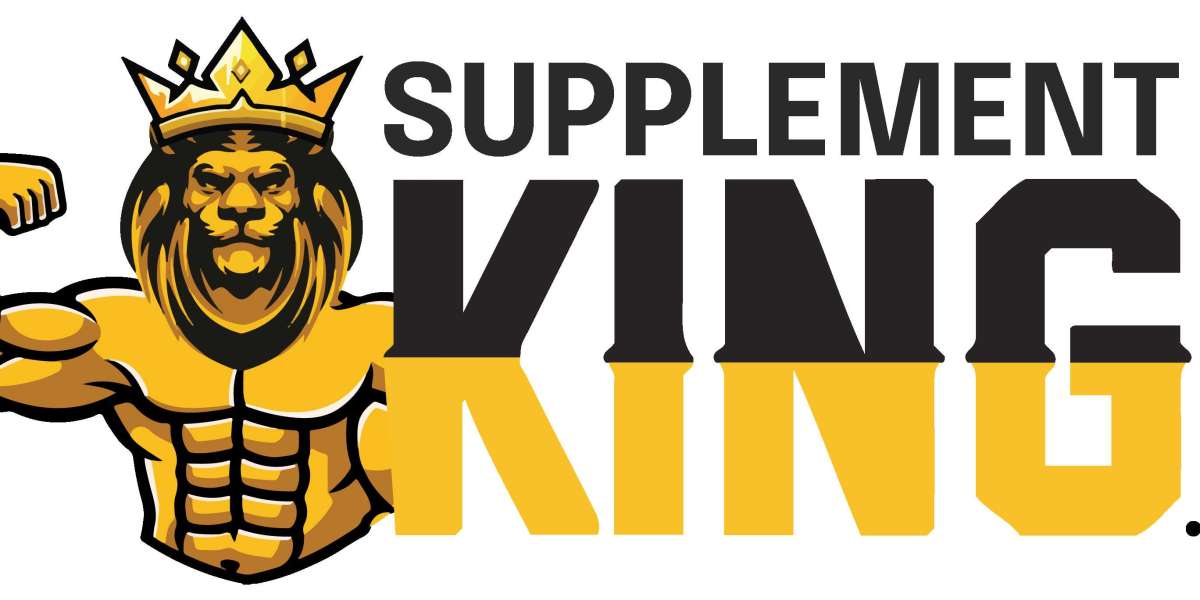Whey protein is a high-quality protein naturally found in dairy products. It's a complete protein, meaning it contains all nine essential amino acids necessary for human diet. Whey protein is particularly rich in branched-chain amino acids (BCAAs), such as leucine, which are crucial for muscle protein synthesis. There are three main types of whey protein powders: concentrate (WPC), isolate (WPI), and hydrolysate (WPH).
- Whey Protein Concentrate (WPC): Contains a lower percentage of protein (about 70-80%) and more fat and lactose compared to the other forms. It is the least processed form.
- Whey Protein Isolate (WPI): Has a higher protein content (90% or more) and less fat and lactose. It is ideal for those looking to increase their protein intake while minimizing calorie intake from fats and carbohydrates.
- Whey Protein Hydrolysate (WPH): Is considered to be the "predigested" form of whey protein as it undergoes partial hydrolysis, a process necessary for the body to absorb protein. It is the easiest form to digest and thus, rapidly absorbed by the body.
Benefits of Whey Protein:
- Muscle Growth and Repair: Ideal for athletes and bodybuilders looking to increase muscle mass and strength.
- Weight Management: Helps in appetite control by increasing feelings of fullness.
- Recovery: Speeds up muscle recovery post-exercise, reducing muscle damage and improving performance.
Topic 2: Incorporating Whey Protein into Your Diet
Whey protein can be easily incorporated into your diet through supplements, such as powders, which can be added to shakes, smoothies, or even baked goods. It's a versatile ingredient that can boost the protein content of meals and snacks.
- Smoothies: Blend whey protein with fruits, vegetables, and a liquid base for a nutritious post-workout snack.
- Breakfast Foods: Add whey protein to oatmeal, pancakes, or yogurt to start your day with a protein-rich meal.
- Healthy Baking: Substitute a portion of flour with whey protein in recipes for muffins, cookies, or bread to increase the protein content.
Topic 3: Whey Protein: Myths vs. Facts
Myth 1: Whey Protein is Only for Bodybuilders. Fact: While whey protein is popular among athletes, it's beneficial for anyone looking to supplement their protein intake, including those trying to lose weight or maintain a healthy diet.
Myth 2: Whey Protein Causes Kidney Damage. Fact: Whey protein is safe for healthy individuals. Those with pre-existing kidney conditions should consult a healthcare provider, but there's no evidence that whey protein harms healthy kidneys.
Myth 3: Whey Protein Leads to Bone Loss. Fact: Contrary to this myth, studies suggest that whey protein can have a positive effect on bone health by helping to retain bone mass during weight loss or aging.


